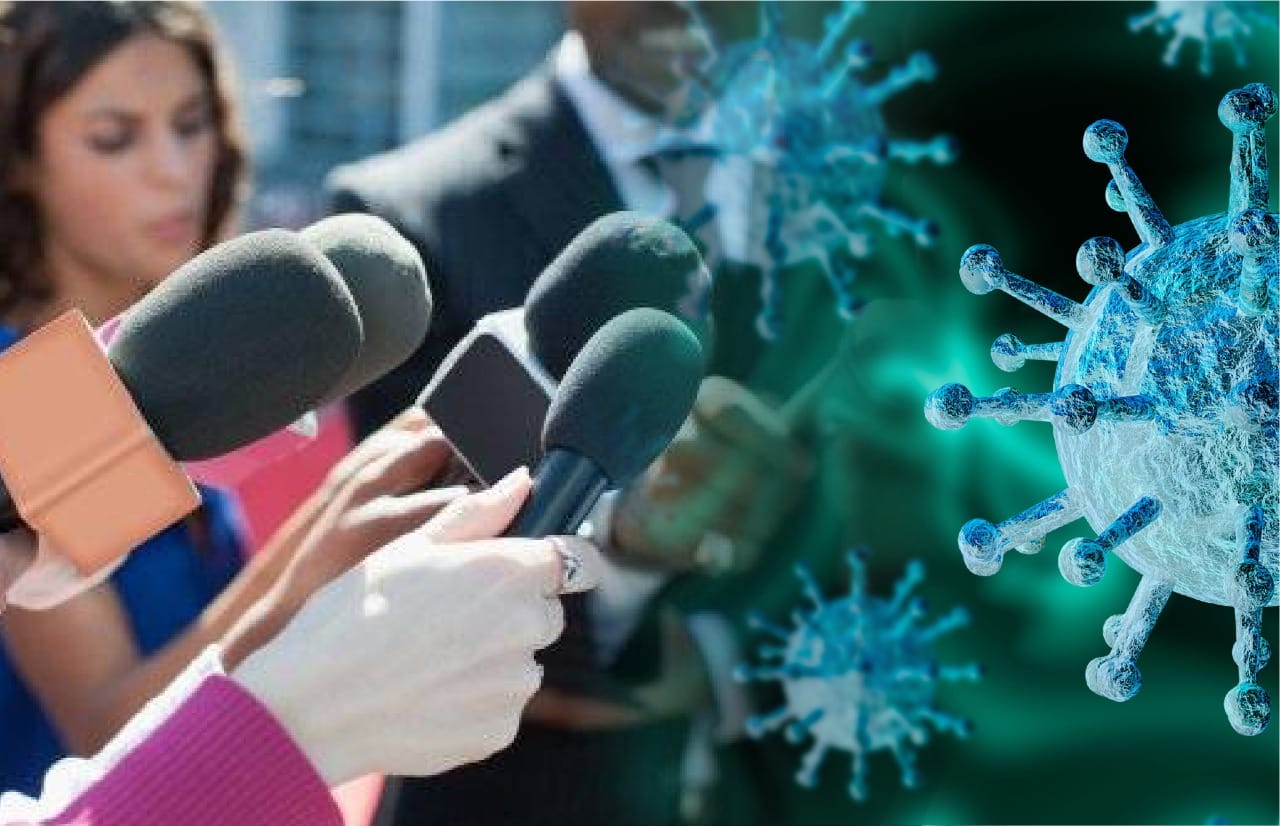The COVID-19 pandemic intensified the systematic obstacles to access to public information, freedom of expression and disinformation that journalists already faced before the health emergency. For that reason, the Special Rapporteurship for Freedom of Expression (RELE) of the Inter-American Commission on Human Rights (IACHR), the Inter-American Dialogue and the Canadian Embassy organized this Wednesday, May 20, the webinar: Freedom of Expression and COVID-19: Voices of the Pandemic, with the participation of FUNDAMEDIOS.
Edison Lanza, special rapporteur for freedom of expression at the IACHR; Frank LaRue, director of human rights and advocacy at Fundamedios; Rachel Kay, executive director of the International Freedom of Expression Exchange (IFEX) for Latin America and the Caribbean; and Eleonora Rabinovich, manager of public policy and government affairs at Google were the panelists. The meeting was moderated by Michael Camilleri, director of the Peter D. Bell Rule of Law Program of the Inter-American Dialogue.
«States have a duty to respond to the COVID-19 pandemic. However, restricting freedoms in the name of legitimate interests has been conflictive in several countries and we have monitored the situation in the region,» said the Rapporteur. Lanza expressed concern about the impact of states of emergency. «Most aren’t intended for health emergencies, but for public order issues». In his opinion, this has limited several rights. «The role of journalism is fundamental in this pandemic because journalists are who verify the information and occupy a space of dissident voice to the official voice in the countries,» he warned.
The IFEX official said that in many countries there are claims that authorities don’t answer essential or uncomfortable questions during virtual press conferences, spaces that in the current scene are for accountability.
Frank LaRue shared this opinion, noting that «the worst mistake governments make is to think they can suspend or limit all rights for legitimate interests such as stopping a pandemic. Access to information and freedom of expression are fundamental rights that can’ t be absolutely restricted».
The former UN Special Rapporteur on the Promotion and Protection of the Right to Freedom of Opinion and Expression added that states seek to limit freedom of expression because they want to limit the critical voices heard in the face of the reality that afflicts the world. Paradoxically, and in spite of the restrictions, access to information is a matter of public health for citizens in decision-making; it is also a mechanism for transparency because it is necessary to know how the available resources are being used at a time when the possibility of exercising corrupt practices is being amplified.
During the emergency, Internet became a tool that democratizes the speech. In that line, the Google representative recognized that web gives all voices a space to express themselves, while fighting against the scourge of disinformation. That is why the company «opened funds for fact-checkers, as well as an emergency fund to help Latin American journalists».
Perhaps today more than ever citizens need clear and reliable information to protect their health. The work of civil society and journalists is essential in the midst of an emergency that is overwhelming the world.

